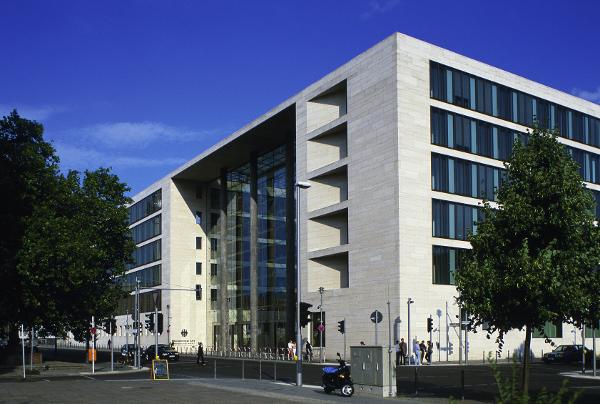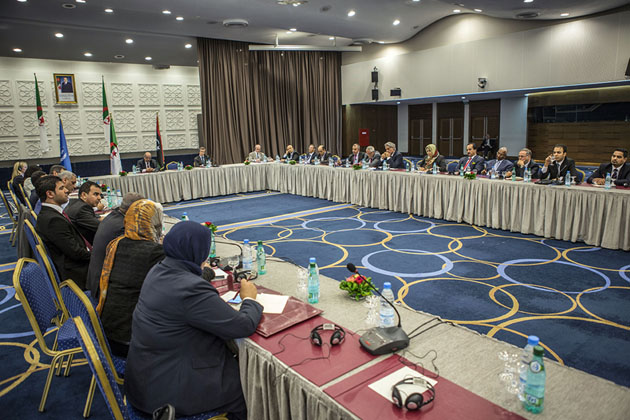By Libya Herald staff.

Tunis, 3 June, 2015:
Libya’s UN ambassador Ibrahim Dabbashi has warned the EU that it must deal only with . . .[restrict]the internationally-recognised government in Beida and parliament in Tobruk if it wants a UN Security Council resolution on the Europeans’ plan for military action in the Mediterranean against people smugglers to succeed.
“The position of Libya is clear,” Dabbashi has said in an interview with AFP. “As long as the European Union and some other countries are not dealing with the legitimate government as the sole representative of the Libyan people, they will not get any consent on our part.”
The draft resolution by the four EU members of the Security Council – permanent members France and the UK plus Lithuania and Spain – authorising the use of force inside Libya’s territorial waters by an EU naval flotilla against the smugglers requires Libya to give its consent to such action.
Ironically, in a rare display of unity, both the Thinni government and its rival in Tripoli, have opposed the plan which would include destroying smugglers’ boats to prevent them being reused. The prime minister of the Tripoli regime, Khalifa Ghwell last week described it as “colonial thinking” and “completely unacceptable in the modern world”. The Europeans, he said, could not go back to the world of 1911 (the year Italy invaded and took the country from the Ottomans). The Libyans would defend its territorial waters and borders, he declared.
A month ago, Dabbashi called the plan “stupid”, complaining that the Beida government had not been consulted. The only way to deal with the problem, he said, was to provide arms to the government so that the Libyan army could take control of the west of the country from where the migrants were leaving for Europe.
Both sides are seen as using European concern about illegal migration and the tragedies that have occurred to try and force the EU into working purely with them alone.
The plan is in any event widely seen as unworkable. Destroying boats once used will not halt the flow because they already being seized, largely by the Italians, without effect because the smugglers can easily afford to replace them – mainly, it is said, from Tunisia and Turkey. Drying up the supply of boats in the first place might be more useful.
If anything it could well accelerate the flow with smugglers getting hold of even less seaworthy craft, knowing that the migrants will be picked up just a few kilometres off the coast.
The plan is also complicated by EU divisions over proposed quotas to take refugees arriving mainly in Italy and Malta and an EU agreement that make that migrants rescued by a vessel become the responsibility of the country to which it belongs.
The UK has refused to take part in any quota agreement. [/restrict]









